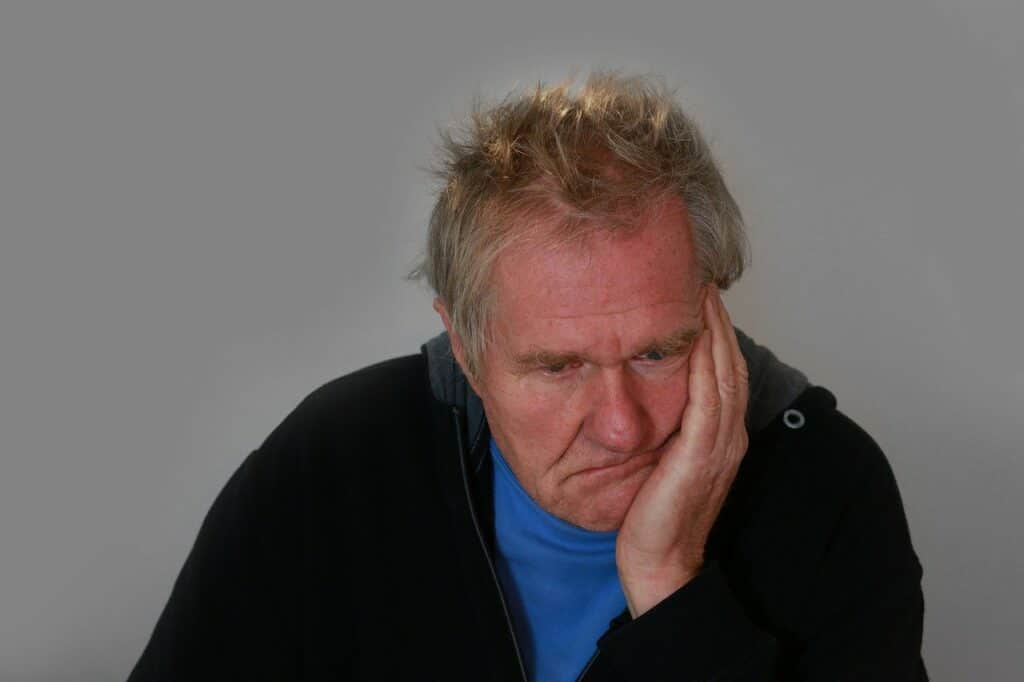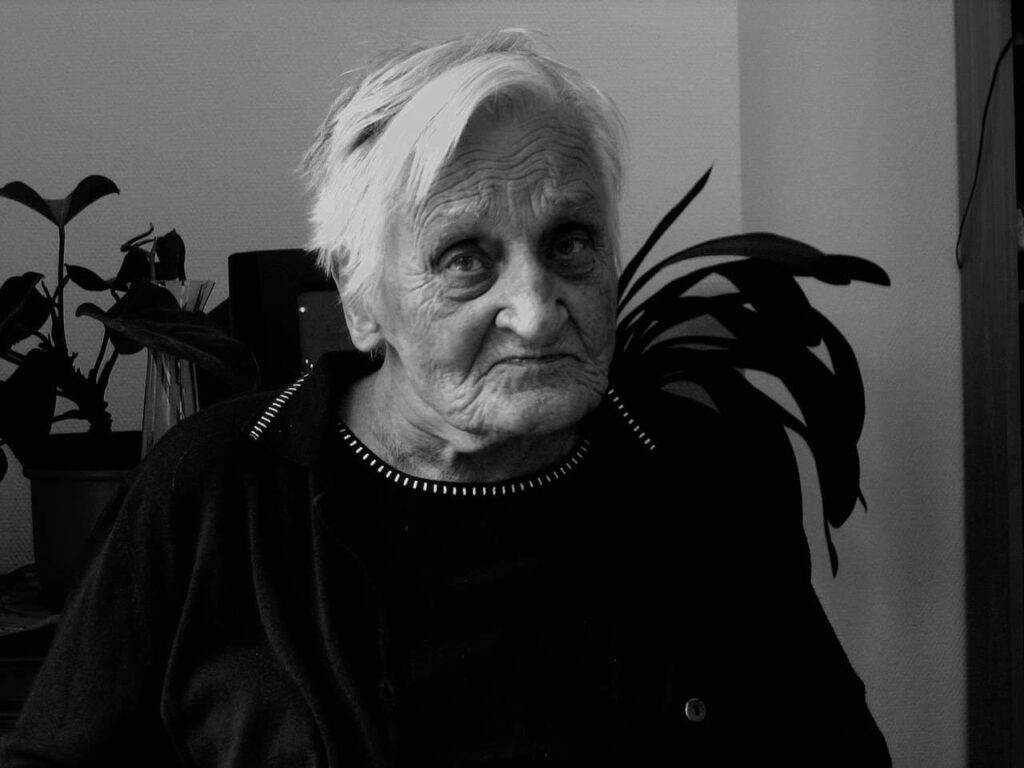Despite the healthcare industry doing its best to educate on dementia, the public still has many misconceptions about it. That, combined with dementia frequently having the same symptoms as depression or schizophrenia, makes sense as to why the confusion exists.
Psychiatric associations throughout the U.S. updated their official guide in 2013. Initially published in 1952, the Diagnostic and Statistical Manual of Mental Health guides diagnosing and treating mental illness. Dementia is a neurocognitive disorder as described in DSM-5, the newest version of the diagnostic manual.
But scholars and scientists still debate whether the change was helpful.
What Makes Dementia Different From Mental Illnesses?
Mental disorders and dementia may look similar, but they have distinct characteristics. For example, schizophrenia and bipolar disorder can mimic dementia symptoms. Similarly, Alzheimer’s disease or other forms of dementia may be mistaken for a mental illness. It is for this reason that a physician’s diagnosis is so important.
Dementia refers to a range of cognitive decline in some individuals caused by aging. We can associate a wide range of symptoms with this term, from minor difficulties to severe impairments. There are over 5 million people with Alzheimer’s disease in the United States.
Some of the most common dementia symptoms are:
- Loss of memory
- An inability to understand language
- Poor judgment and planning
- Challenges in proper public behavior
What is Alzheimer’s Disease?
A person with Alzheimer’s disease or another form of dementia is not likely to have hallucinations or delusions, in contrast to someone with bipolar disorder or schizophrenia. While mental illness manifests itself episodically, dementia exhibits a gradual decline.
Don’t Mental Illnesses Also Affect Our Brains?
Researchers believe individuals with mental illnesses, including schizophrenia, may experience disruptions in neurotransmitters such as dopamine, norepinephrine, and glutamate. Cocaine addicts sometimes exhibit symptoms like schizophrenia, suggesting that dopamine plays a crucial role in schizophrenia.
Scientists link mental illness to problems with how neurons communicate in the brain (neurotransmission). They, for example, associate depression with a decrease in serotonin level, and they base several psychiatric medications on this finding. Besides serotonin changes, there can be changes in other neurotransmitters in depression, thus complicating the cause of the mental condition.
Researchers are using multidisciplinary research to understand mental illness. Psychology, neuroscience, and psychiatry all investigate different aspects of the connection between the biology of the brain and mental illness.

Is Dementia & Alzheimer’s Disease the Same Thing?
Many use Alzheimer’s when referring to dementia, but it is a subcategory of dementia. There can also be changes to the brain which manifest as Lewy body dementia, vascular dementia, and frontotemporal disorders. A significant cause is Alzheimer’s disease.
Memory and thinking abilities gradually deteriorate as the patient develops Alzheimer’s disease, eventually making the simplest tasks a challenge. Older adults are prone to developing Alzheimer’s disease. Even though dementia is more common as we age, it is not a usual factor of aging.
Alzheimer’s often appears later in life for most people. The estimate of Alzheimer’s disease patients, most of them aged 65 and older, varies, but experts estimate that over 6 million Americans may suffer from it. Others may suffer from mixed dementia, which means they have two forms of dementia simultaneously. Alzheimer’s disease and vascular dementia are two examples of combining cognitive decline.
How Is Dementia Treated?
Unfortunately, most types of dementia are incurable, but specific treatments can help manage the symptoms temporarily. Researchers are making significant progress towards diagnosing, treating, and even preventing dementia. Clinical trials and other studies have enabled these advances.
Diagnosing dementia does not identify the causes of memory loss or thinking impairment. A variety of factors can cause dementia, including the below:
- A thyroid disorder
- Low vitamin levels
- Depression and anxiety
- Prescription side effects
- Parkinson’s disease
- Infections
- Strokes
- Other medical problems
But if a doctor detects dementia and you start early treatment, you can reverse cognitive impairment. Healthy living may help delay dementia. Here is what you can do:
- Taking care of your brain requires you to eat a nutritious diet with nutrients such as lutein—a carotenoid pigment found in leafy greens, cruciferous vegetables, and egg yolks.
- Make sleep a priority
- Avoid smoking
- Drink less alcohol
- Engage in physical activity
- Play games such as crossword puzzles and word games to keep your brain active
- Maintaining social relationships may also slow cognitive decline in older adults above 60 years
Is There Anything You Can Do to Help a Person With Dementia?
It’s natural to feel irritated the tenth time you answer a question, but people with dementia pick up on your feeling and absorb it. Communicate in a calm, reassuring way to dementia patients. Create distractions with fun activities they enjoy.
Dementia will bring losses and changes to everyone you love, but you do not have to bear them alone: get friends and family to help. Stay present and take joy in every moment. But more important is seeking professional help.
Our therapists can offer several options to assist with dementia. We offer you suggestions on how to improve the symptoms to lead a healthy life. Contact us today.



